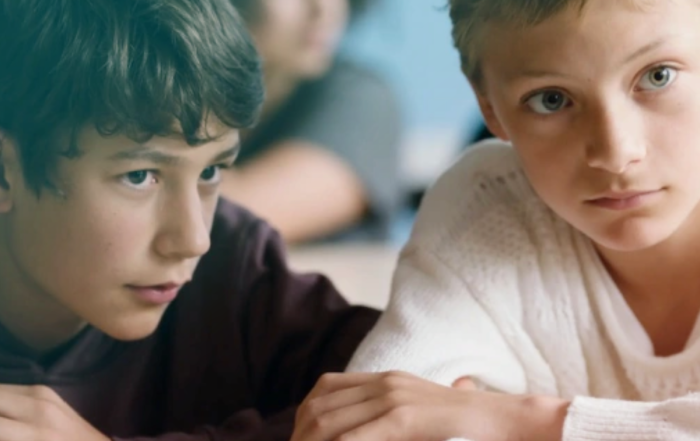Close (2022) – A perfect exploration of childhood, friendship and loss
- Nicholas Sun
- Mar 7
- 2 min read
At its core, Close is a story about childhood friendship, loss, and the unspoken pressures that push young boys apart. Remi and Leo, two pre-teen best friends, are inseparable—until their bond becomes the subject of scrutiny at school. Teasing, speculation, and casual labeling create a rift between them, with Leo pulling away. Then tragedy strikes, leaving Leo, his family, and Remi’s family to navigate a grief that feels both profound and paralyzing.
The plot itself—losing a best friend at a young age—isn’t groundbreaking, but the way it unfolds hits hard. Leo is consumed by guilt, regret, and a sorrow that he can’t quite articulate. His older brother becomes an anchor, offering comfort through simple acts—playing in the fields together, existing beside him without pressuring him to talk. Their relationship stands out, a rare and refreshing portrayal of emotional intimacy between boys.
Remi’s mother plays an equally crucial role. The film’s quietest moments—her appearance at Leo’s ice hockey practice, their heavy, grief-laden interactions—are some of its most devastating. She wants answers. Leo isn’t ready to give them. Silence does the heavy lifting.
While homophobia is an undercurrent in the film, it’s not always overt. Yes, Leo is physically bullied by boys, but the damage doesn’t come from them alone. The girls, with their constant speculation and assumptions, are just as responsible for making the friendship feel unnatural, for forcing a kind of self-consciousness that ultimately proves fatal. Close isn’t just about outright cruelty—it’s about the more insidious ways homophobia manifests. The way innocent bonds are scrutinized, labeled, and broken apart before kids even have the language to understand what’s happening.
The film also acknowledges grief counseling, a necessary but often overlooked resource for young people dealing with loss. That it’s even depicted at all is important—therapy for grief should be as normalized as it is in Close.
Belgium, where the film is set, has some of the most progressive queer rights laws in the world. And yet, Close makes it clear that legal protections don’t erase social pressures, especially among children who are still learning how to make sense of themselves and each other.





Comments